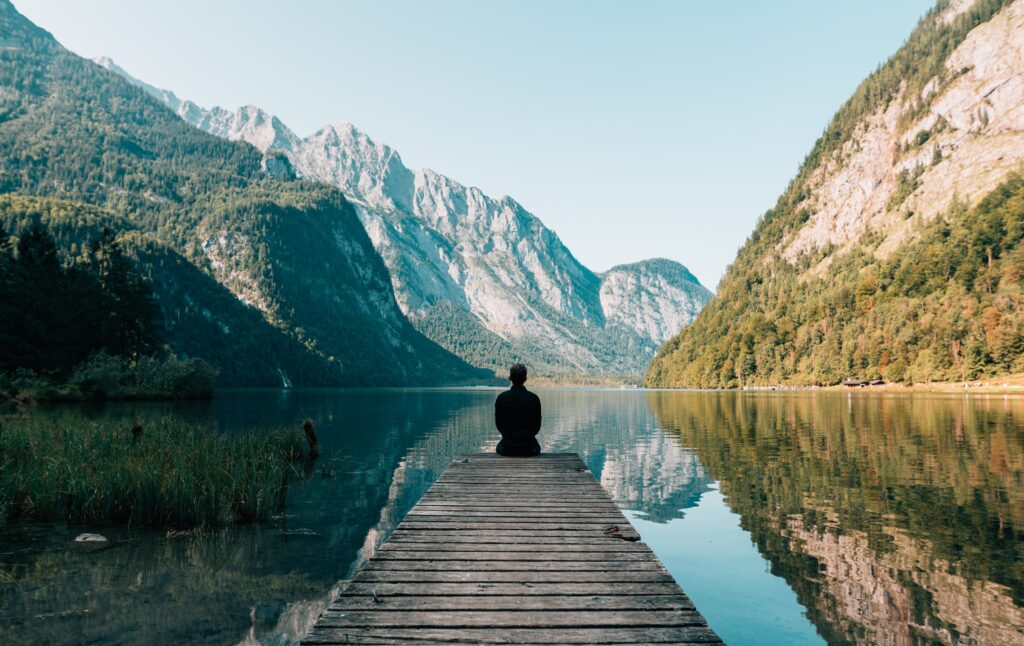“Don’t center on your anxiety… Keep your concentration here and now, where it belongs.”
If you’re a fan of Star Wars, the above may sound familiar. It’s when jedi master Qui-Gon Jinn advises young Obi-Wan to be mindful of the present, and not to let his thoughts wander. The practice of mindfulness is just that. Rooted in Buddhism, the practice has evolved beyond spirituality and is widely applied in today’s world to regulate the stressors we experience in our day-to-day life. It is a mental training technique that focuses on the awareness of here and now without any judgement. With practice, mindfulness declutters our mind to live in the moment by separating our past thoughts or future anxiety. Research has shown that practicing mindfulness has multiple benefits including reducing stress and achieving an overall sense of well-being. And the best part, it can be easily incorporated into our daily lives and activities.
Simple Ways of Being Mindful
Practicing mindfulness is not just limited to meditation, yoga and breathing techniques. Below are some easy ways to start being mindful:
- Stop and smell the roses or stop and smell the coffee. Cliché it maybe, but how many of us really notice the smaller things in life. Take the time to acknowledge and savor the moment.
- Pay it forward. Yes, it’s true. Doing something nice for others is associated with a feel good factor and removes the focus on you. It makes you feel less helpless and more positive too.
- Change your routine. When we do things the same way, our perception stays the same. Pick a new hobby or take a different route home. You’ll be surprised on how you may notice things differently or in a new way.
- Still your mind. Easier said than done, this may be one of the more difficult things to master. If we sit quietly for a minute or two, we will find thoughts drifting in and out of our mind. Try not to engage in them. Simply observe and let them pass.
Mindfulness in a Pandemic World
COVID-19 has shifted the global landscape we live in since early 2020. Loss of jobs, loss of loved ones and the many uncertainties caused by the pandemic has left us bereaved and burned out. In these trying times, many have turned to workshops that advocates mindfulness to cope with stress and anxiety. Developed by Dr. Jon Kabat-Zinn in 1979, Mindfulness-Based Stress Reduction (MBSR) workshops has been highly subscribed in Singapore and other Asian countries as a measure to combat the pressures and disruptions brought about by COVID-19. As we continue to survive the pandemic, focusing on mental wellness has become essential and practising mindfulness has many benefits in this context. It helps us to understand our emotions better, increase our concentration and makes us a calmer person; in addition to promoting happiness in the long run. I’m sure we all wouldn’t mind that at the end of the day?!
